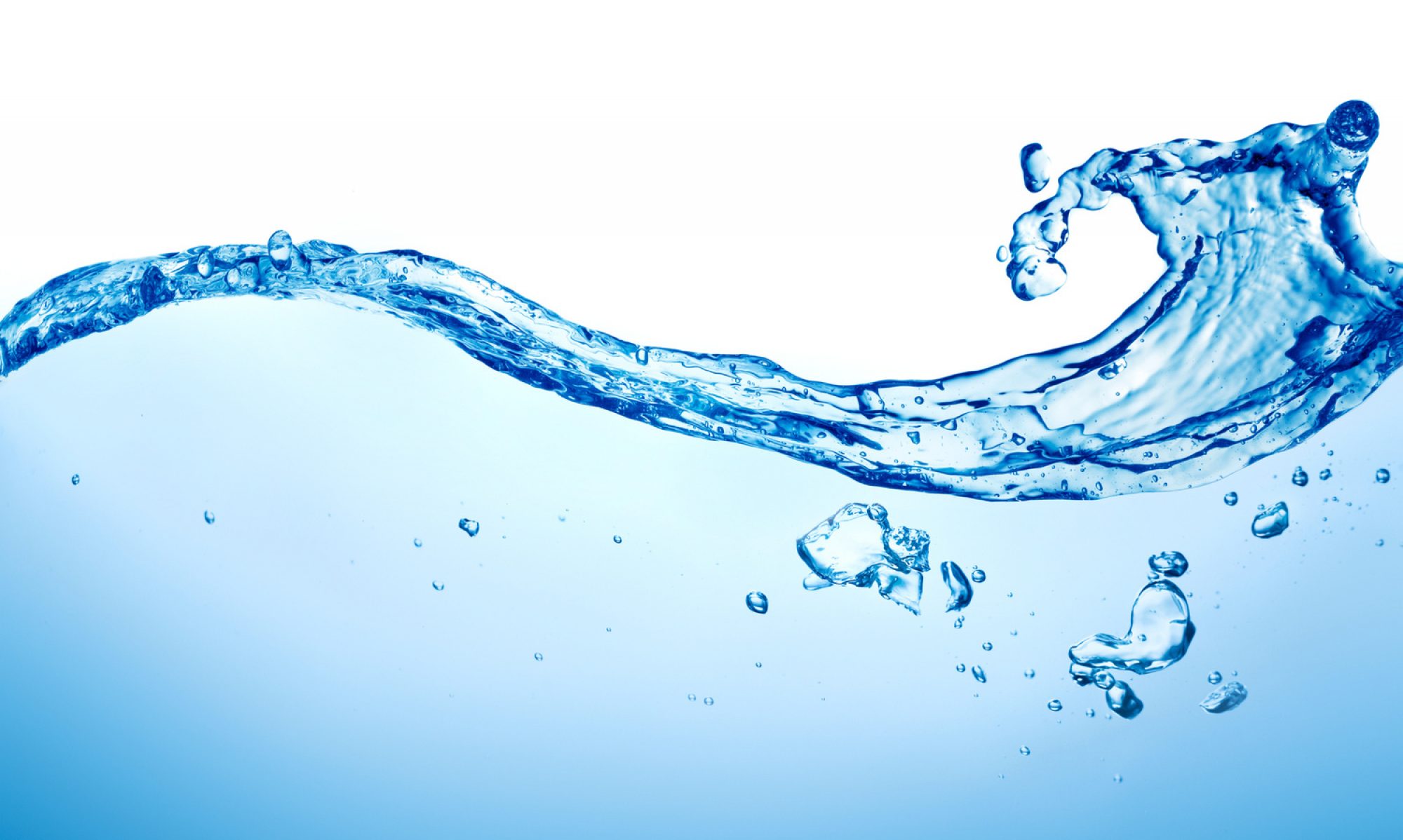Last week I wrote a post about the best times of day to hydrate, and I’m sure it came as no surprise that key times to hydrate include before, during and after exercise. While it’s obvious that exercise requires increased hydration, many people are unaware of just how much water intake directly impacts performance. Improper hydration can result in muscle cramping, decreased strength and reduced endurance, impeding energy and performance.

Image Rubbermaid Products via Flickr
Sweat is one of the obvious things that happens during a workout; it’s the way our bodies cool down when they start to heat up. It follows that the more a person sweats, the more water they should drink to replenish. Sweat rates vary by individual and are further influenced by factors including exercise intensity, exercise duration, the climate (including temperature and humidity), and the body’s pre-exercise hydration state. It’s straightforward to check your individual sweat rate by weighing yourself directly before and after exercise and accounting for exactly how much water you consumed during the workout……you’ll also have to either hold your pee or take your pee-volume into account. You can google “calculating perspiration rate” for more details on how to compute your rate or use a handy sweat rate calculator like this one that I found on the Gatorade Sports Science Institute’s website. Another quick metric of proper hydration is to note how often you’re urinating. Ideal hydration leads to urination every 1 – 2 hours, even during exercise.
Depending on your gender, age, size and perspiration rate, you lose about four cups (approximately one liter) of water per hour of exercise. If you’re working out in a hot climate, you can easily lose up to two litres of water per hour during a cardio session.
Adequate water intake before, during and after exercise does more than replenish water lost from perspiration, it also plays a key function in maintaining blood volume and electrolyte balance. Electrolytes such as sodium, magnesium and potassium, are lost from the body with sweat. However, except in extreme cases, losses are small and replacement during exercise is not a priority. ‘Sports drinks’ often contain electrolytes, particularly sodium. These have the effect of stimulating water absorption from the small intestine, which is beneficial during exercise. In addition, after exercise, replacing lost sodium is essential for full recovery and rehydration. Extreme athletes will require fluids from a variety of sources, not just water. However, if you’re not an extreme athlete who requires a sports drink, consider something, without the sugar and calories, that will provide a mild electrolyte boost, such as Glaceau’s smartwater or H2wOw’s all natural water enhancer, with extracts of real fruits and mineral electrolytes.
I had planned to use infogr.am to make a cool graphic that listed how much water the average person needs before, during and after a workout but during my research I found something better than anything I would be able to make! The graphic below is from a post on greatist.com and includes recommendations on how much water to drink while exercising as well as a lot of other great information.









